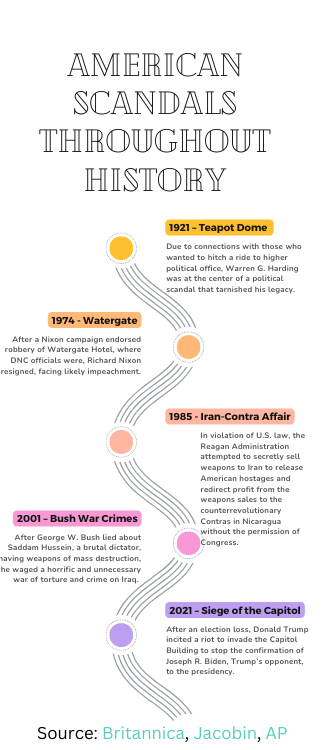*The opinions expressed within the content are solely the author’s and do not reflect the website’s or its affiliates’ opinions and beliefs.*
Our U.S. governments, at both the federal and state levels, are entities established by the people, of the people, for the people. As such, it is conceived to serve, unify and protect us. We the people, are meant to be in control of our government, not the other way around. However, a lot of power is lost from the populous through the complications that are inevitable in such a large-scale operation. To check the government intervention, one crucial way is through public oversight – the mechanism through which the people hold the government accountable. It is essential to the sustenance of democracy and the prevention of authoritarian rule. Nevertheless, a significant portion of governmental operations are shrouded in secrecy, with agencies operating clandestinely, which often results in abuses of power. Consequently, we must enhance government oversight over both federal and state administrations to ensure their accountability for their actions.
There have been numerous scandals throughout U.S. history in which government agencies and programs committed abuses, violating civil liberties and public trust. Due to the absence of public oversight, many of these scandals persisted unchecked until they were either internally shut down or exposed by the public after they eventually came to light. They committed numerous infractions against ethics, the law and the Constitution throughout this time.
One such example of abuse that ran amok due to the lack of public oversight, is the NSA warrantless surveillance program. According to the NSA, they monitored all electronic communications it could obtain, including phone and internet which they collected and stored all without seeking warrants. The public remained unaware until whistleblower Edward Snowden leaked this data, bringing to light the crimes being perpetrated against the American people. It was solely due to his sacrifice, in exchange for indefinite exile in Russia, that the public became informed and enabled action to be taken.
Hence, we must advocate for increased accountability of the government, best achieved through increased transparency. In his memorandum, President Obama tells the heads of executives and agencies that transparency is greatly beneficial as it provides people with accountability for their government. Accountability is also a belief held by many, as detailed by the Coalition for Integrity. It ensures that public officials serve the interest of the people by holding them responsible for their actions: guarding against corruption and motivating them to effectively perform their duties as public servants.
Furthermore, transparency lends the government credibility as the public is aware of the actions being taken on its behalf and more able to influence them and make informed decisions about who they vote for and what they do. Crucially, it fosters trust in the government due to the people not being blindly governed as they can know and understand what their government is doing for them.
To have the government best reflect our interests, function effectively, nurture trust and guard against corruption against the American people, we must increase our government’s public oversight by employing transparency. We can do so by building on the foundations of laws for freedom of the press, freedom of information and whistleblower protection. Stricter laws concerning the freedom of information and whistleblowers will increase public awareness through the denunciation of illicit activities and obligations to inform the people of government activities. We can achieve this through the judicial system by supporting groups such as the Electronic Frontier Foundation and the American Civil Liberties Union, by voting for officials who mirror our beliefs on the matter, and by becoming actively involved and aware of government actions, elections and policies.










